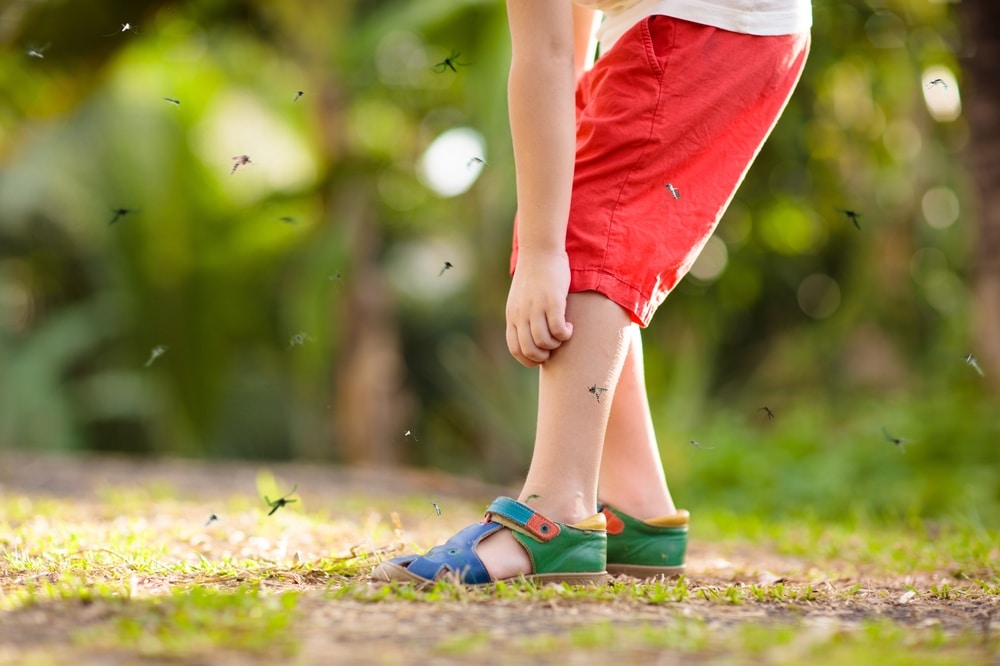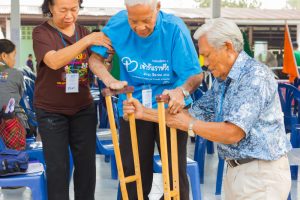Singapore is witnessing a worrying trend in, with dengue cases escalating for the seventh consecutive week.
The National Environment Agency’s (NEA) recent report indicates a notable increase in infections, with 410 new cases recorded in the last week. This surge highlights the urgent need for heightened community awareness and proactive measures to mitigate the spread of this mosquito-borne disease.
Seventh Week of Escalating Dengue Cases: Analysing the Trend
As Singapore enters its seventh consecutive week of escalating dengue cases, a deeper analysis into the trend reveals critical insights. The steady increase, culminating in 410 new cases in the most recent week, points to a concerning pattern of spread.
This period has not only seen a rise in the number of infections but also a widening of the geographical spread of active dengue clusters.
Identifying High-Risk Areas: Dengue Clusters in Focus
For residents of Singapore, awareness of high-risk dengue areas is crucial. The NEA has identified several clusters with significant transmission rates.
Notably, Boon Lay Place has emerged as the most affected area with 216 cases, followed by Pasir Ris Street 71 with 119 cases, and other neighbourhoods like Pasir Ris Street 52 and 53, and Bukit Batok Street 21, each reporting substantial numbers.
These clusters, marked as ‘red zones’, signal an urgent need for targeted intervention and heightened vigilance.
Practical Steps for Residents: Reducing Dengue Risk at Home
For residents, taking practical steps at home is essential in reducing the risk of dengue. Here are specific actions you can incorporate into your daily routine:
Eliminate Stagnant Water: Regularly check and remove stagnant water in flower pots, plates, buckets, and other containers. These are potential breeding grounds for Aedes mosquitoes.
Use of Mosquito Repellents: Apply mosquito repellents containing DEET, picaridin, or IR3535. Especially if you reside in or near identified dengue clusters.
Protective Clothing: Wear long-sleeved tops and long pants to reduce skin exposure. Particularly during dawn and dusk when mosquitoes are most active.
Home Mosquito-Proofing: Install window and door screens or use mosquito nets, especially in areas with high dengue transmission rates.
Regular Home Inspections: Conduct routine inspections in and around your home to identify and rectify potential mosquito breeding sites.
By integrating these measures into your daily life, you can significantly lower your and your family’s risk of contracting dengue.
Understanding Dengue Virus Serotypes and Immunity Challenges
In Singapore, the dengue outbreak is compounded by the presence of multiple Dengue virus serotypes – DENV-1, DENV-2, DENV-3, and DENV-4.
Currently, DENV-2 is the predominant strain, having overtaken the previously dominant DENV-1 and DENV-3 strains in 2023. This shifting pattern of serotype prevalence poses a challenge for immunity among the population. Since each serotype offers only specific immunity, prior exposure to one does not guarantee protection against others.
As a result, individuals, even those previously infected with dengue, remain susceptible to different serotypes. This aspect underscores the importance of continual vigilance and adherence to preventive measures, regardless of past dengue experiences. Understanding the dynamics of these serotypes can aid residents in comprehending the ongoing situation and the necessity for sustained preventive actions.
Staying Informed and Proactive: The Path Forward in Dengue Prevention
Staying informed about the evolving dengue situation and being proactive in taking preventive measures are crucial for residents in Singapore. Regular updates on dengue clusters, advice on preventive strategies, and information on the spread and characteristics of the dengue virus are available through the NEA website and the Ministry of Health’s resources.
It’s important for each individual to not only stay vigilant in their personal protective efforts, but also to keep abreast of the latest developments. Early detection and prompt medical attention for dengue symptoms can also significantly aid in managing the disease and preventing its spread. By collectively adhering to these practices, the community can play a pivotal role in combating the rising dengue cases in Singapore and safeguarding public health.
References
- Dengue Cases. (n.d.). https://www.nea.gov.sg/dengue-zika/dengue/dengue-cases












